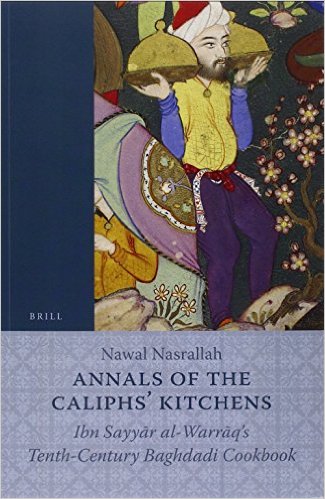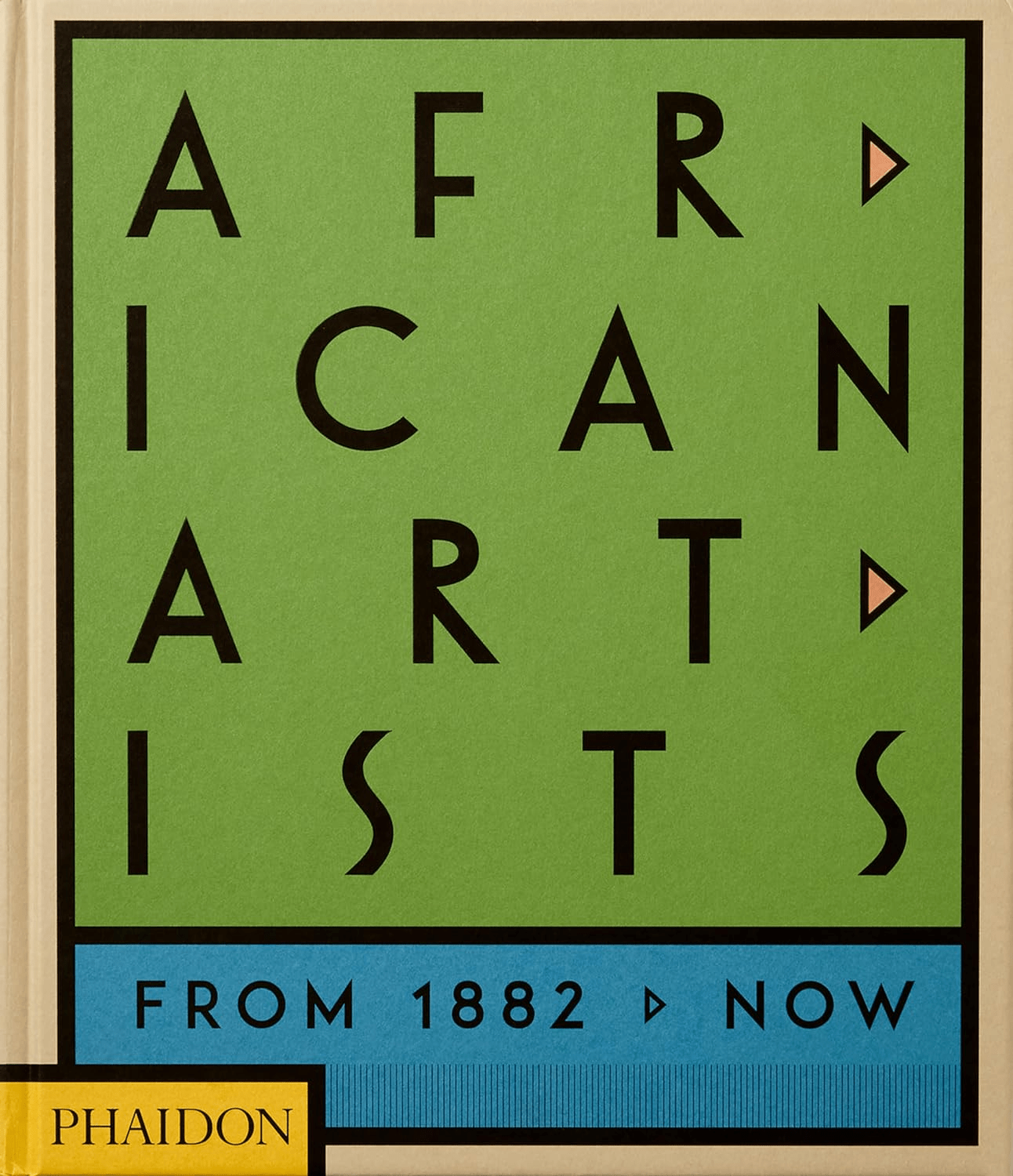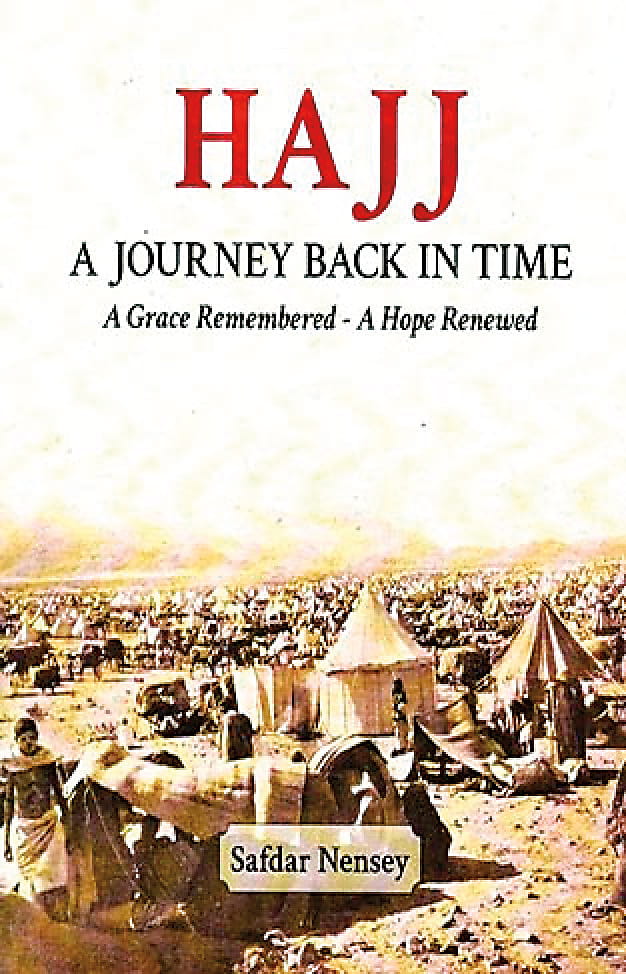
Annals of the Caliphs' Kitchen: Ibn Sayyar al-Warraq's Tenth-Century Baghdadi Cookbook
Tom Verde
Nawal Nasrallah, trans.
2010, Brill, 978-9-00418-811-2, $65, pb.
Colorful and deeply informative, medieval Arabs cookbooks provide insight into the cuisine of the day, and the wider Muslim culture as a whole, from the courts of kings to the tents of soldiers to the food stalls of the marketplace. Ibn Sayyar al-Warraq’s 10th-century Kitab al-Tabikh (Book of Dishes) is the earliest known such title—a monumental work, not only of its day, but, in translation, as an addition to modern scholarship. Here are recipes for “zalabia furniyya (sponge cake)” moistened with “unadulterated fresh milk” and a sprinkling of “tabarzad sugar (white cane sugar),” familiar enough to any modern baker, along with tabahija (essentially fried chicken), seasoned with “coriander and black pepper.” Less familiar, albeit intriguing, is the formula for “a royal toasted coffee compound” consisting of “yellow Iraqi bunk [ground coffee beans and husks]” brewed with sandalwood and the rind of “30 Lebanese apples” and “3 yellow citrons.” Nasrallah’s ambitious, exhaustively researched translation includes sections on the history of the manuscript, its sources and its legacy, plus an Arabic/English glossary of the ingredients and dishes, together with an appendix of major historical figures and localities of the era. This hefty volume (just over 860 pages) is an important contribution to the cultural and historical record of the Abbasid period.
You may also be interested in...

A Century of African Art, in 300 Voices, All in One Book
From Cairo to Khartoum to Casablanca, this volume traces how African artists have shaped—and reshaped—modern art over the past century.
Hajj: A Journey Back in Time: A Grace Remembered-A Hope Renewed
Safdar Nensey's Hajj: A Journey Back in Time invites readers into one of the world's oldest and most sacred annual expeditions: the Muslim pilgrimage to Makkah.